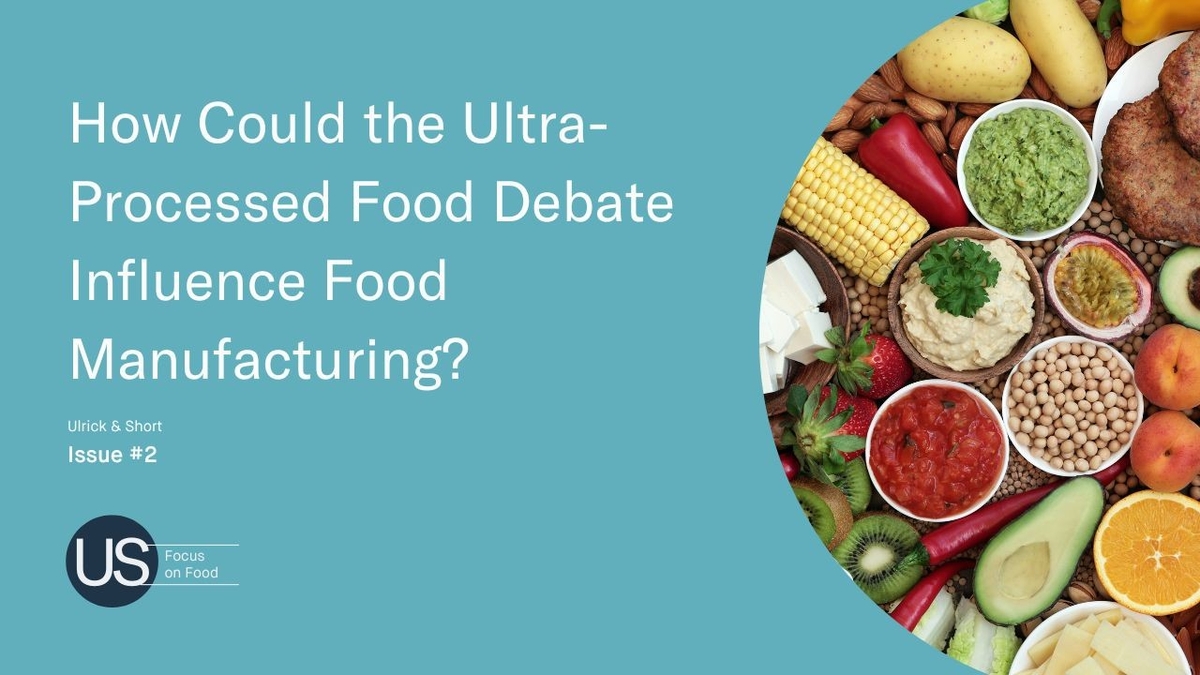
Ultra-Processed Foods (UPFs) have become a hot topic in the field of nutrition, sparking a heated debate among experts. While some health professionals warn of the dangers of UPFs, citing links to obesity, heart disease, cancer, and early death, others argue that the definition of UPFs is vague and not all UPFs are unhealthy. This discussion extends to the classification, regulation, and taxation of UPFs, and their impact on various demographic groups.
The NOVA Classification System
Central to the debate is the NOVA classification system for UPFs. Introduced by Carlos Monteiro, the system categorizes food based on the level of processing rather than the nutrient content. According to NOVA, UPFs are formulations of substances derived from foods, containing little to no whole foods and enhanced with additives. In both the US and UK, UPFs contribute nearly 60 percent of the calorie intake.
Health Concerns Associated with UPFs
Studies have repeatedly associated high consumption of UPFs with a higher risk of various health problems. These include heart disease, cancer, asthma, and other illnesses. A US-based randomized controlled trial found that people who ate UPFs gained weight; however, critics argue the observational nature of these studies and the unique irresistibility of UPFs.
The Debate over the Definition and Impact of UPFs
Critics argue that the definition of UPFs can be vague, and some of these foods can actually be healthy. There is confusion among nutrition experts about categorizing foods using the NOVA scale. Some experts have developed a healthy diet with a high percentage of calories from UPFs, scoring high on the US Healthy Eating Index. However, the chief scientific adviser at the UK’s Food Standards Agency warns against treating all UPFs the same.
Conflicts of Interest in Dietary Guidelines
The US government’s next set of dietary guidelines for 2025-30 may include warnings against ultra-processed foods. However, conflicts of interest among the committee members responsible for revising the guidelines have been pointed out. Many members have financial relationships with food, pharmaceutical, or weight loss companies, suggesting that Big Food may have too much influence over the guidelines and too much interest in protecting ultra-processed foods from scrutiny.
The Regulation and Taxation of UPFs
The debate has also led to discussions about the regulation and taxation of UPFs. Some experts are calling for treating ultra-processed foods like tobacco, with a recent ban on ultra-processed foods in schools in Rio de Janeiro. However, there are concerns that such moves could disproportionately affect vulnerable groups, as not everyone has the time or resources to cook every meal from scratch.
Despite the ongoing debate, the overarching advice seems to focus on maintaining a balanced diet. This means consuming a variety of foods, including fruits, vegetables, whole grains, lean protein, and low-fat dairy, while allowing for occasional indulgences. As the conversation around UPFs continues, it is crucial to stay informed and make dietary choices that support overall health and well-being.
